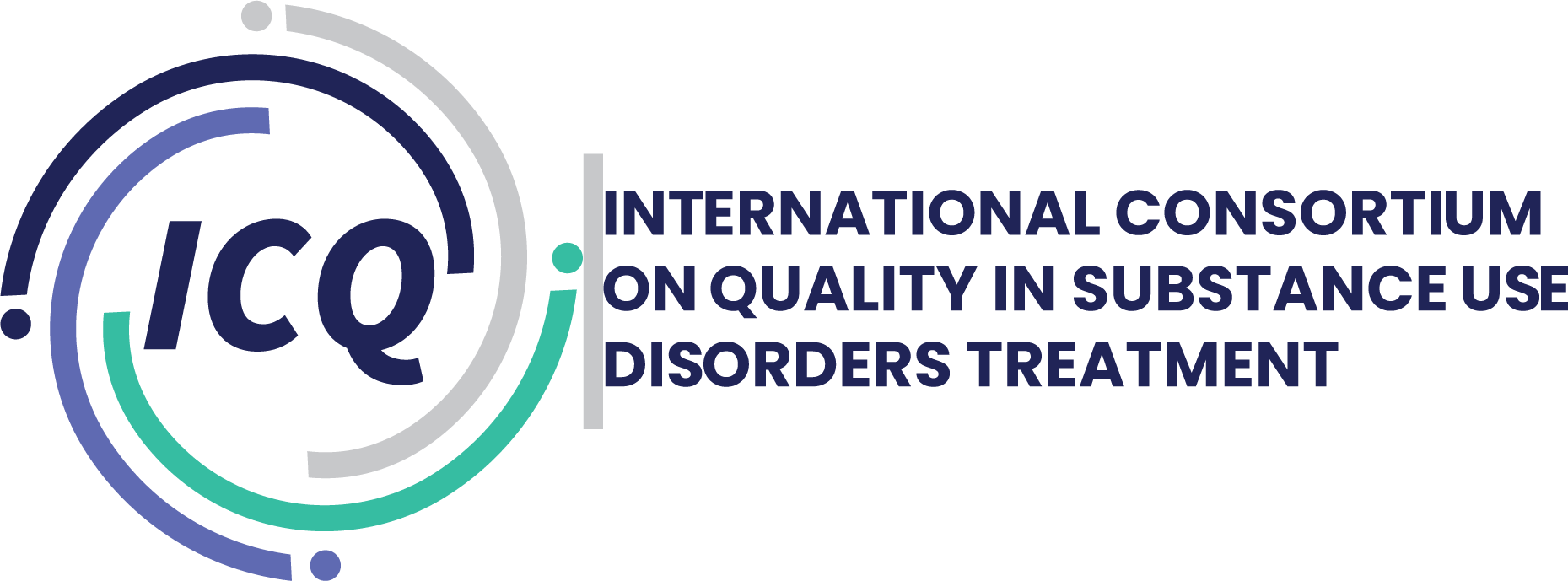Helpline – Entrance Door To (Un)Sustainable Recovery Paths
This presentation was featured at Indonesia 2025, on the 17.09.2025.
Authors:
Boro Goic, RUN-Recovered Users Network Chairman
Mulka Nisic, University of Derby, UK / RUN, General Secretary
Zeljko Petkovic, Assistant Director of Croatian Institute of public health, Zagreb/Croatia
Prof. Dr. Elmedin Muratbegovic, Faculty of Criminal Justice and Security, University of Sarajevo, Bosnia and Herzegovina
Abstract:
This presentation explores the pivotal role of addiction recovery helplines in enabling more sustainable recovery pathways and nurturing positive, recovery-oriented environments within communities. Drawing on nine years of data from recovery helpline services operated by local NGOs in Bosnia and Herzegovina, Serbia, and Montenegro, the evaluation offers valuable insights into the needs, challenges, and experiences of individuals with substance use disorders seeking support—often outside formal treatment systems. These findings also allow for meaningful international comparisons.
The helpline model has proven effective in engaging people who are not yet connected to treatment services. Its success has led to its adoption by the Croatian Institute of Public Health in 2023, where it is now being used not only for drug-related issues, but also for alcohol, gambling, and other behavioral addictions.
The presentation assesses the helpline’s impact from two perspectives: the service providers—including professionals and individuals with lived experience—and the clients, whose expectations and needs guide the service’s development. It also addresses the barriers clients face in early recovery stages, emphasizing the importance of multidisciplinary community responses in contexts often burdened by stigma.
However, sustainable recovery can be hindered not only by societal obstacles but also by stigma within professional systems. To illustrate this, the presentation discusses the 2021 study “Stigma among Professionals in Balkan Countries,” which surveyed over 1,300 professionals working directly or indirectly in the drug field. The findings underscore the urgent need for ongoing education, stigma reduction, and advocacy efforts to ensure that recovery-ready environments are inclusive, supportive, and sustainable.
